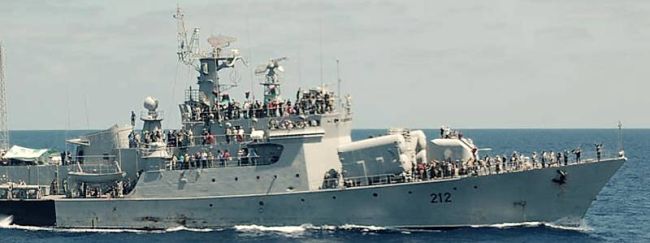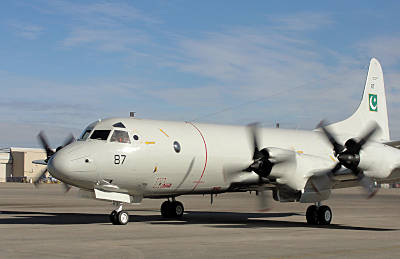WASHINGTON, March 29, 2010 — Roughly 40,000 Pakistani troops are conducting operations against militants in the country’s North Waziristan region near the Afghan border, a senior U.S. military official said today.
Unlike a larger, “steamroller” offensive last year that uprooted enemy fighters in neighboring South Waziristan, the current engagement comprises smaller, piecemeal operations, the official told Pentagon reporters on background.
“We are seeing quite a bit of activity [in North Waziristan] that’s going on that supports what General Kiyani’s been telling in some of the strategic dialogues about his campaign plan,” the official said, referring to Gen. Ashfaq Parvez Kayani, the Pakistani army’s chief of staff.
Kiyani pledged in 2008 to step up offensive operations against militants within Pakistan, starting in the northern area of Bajaur, working through the federally administered tribal areas, the Swat Valley and the Northwestern Frontier.
The official said Pakistan “seems to be abiding by that kind of campaign plan to go and uproot the insurgencies” in the areas where militants have been entrenched.
“You’re seeing a trend where they are trying to remove the areas that were once unapproachable,” the official said, noting that Kiyani announced that the recent Pakistani military offensives marked the first any military had occupied South Waziristan.
The official characterized the accomplishments of the Pakistan security forces as “quite impressive.”
“To see the gains that they have made in this short time is a real testament to the resolve, the fighting spirit and the leadership of Pakistan’s armed forces,” the official said.
About 200 U.S. military personnel in Pakistan are providing security assistance and training to the Pakistani military and to paramilitary operatives and members of the frontier corps. The official left open the possibility that the number of U.S. forces may increase if the U.S. delivers military equipment to Pakistan that requires specialized trainers.
“We stand fully behind Pakistan in its relentless drive to restore peace and security in this region,” the official said.
Defense Secretary Robert M. Gates held talks last week with a delegation of Pakistani officials, including Kayani.
“What we are interested in is looking at the long-term in the relationship between the United States and Pakistan,” Gates said before the meetings, “how we can strengthen our relationship, and how we can help Pakistan in dealing with the security challenges that face them, but also face us and NATO as well.”
Military officials have said that what spurred on Pakistan to greater action against militants within their borders was the realization that Taliban operatives — working in Afghanistan and Pakistan and al-Qaida behave as a “syndicate,” working in support of each other.
“Although they might not be bearing the big al-Qaida banner,” the official said, “these forces do work together in different ways.”
The official also noted that Pakistan began to take threats from the syndicate more seriously after militants began encroaching in areas that traditionally have not been home to insurgent forces.
“When the forces started packing into the settled areas of Pakistan within the last two years, I think they really realized that this is an extremist they have to deal with,” the official said. “As they were taking over the Swat area — [in addition to] very dramatic attacks inside Peshawar, Islamabad, Karachi — I think it was a wake-up call to some extent that they needed to deal with this insurgency, and it became their war, not our war, as it may have been portrayed.”
The official said coordination has improved among the U.S.-NATO coalition forces, Afghan security forces and Pakistan.
“That [Afghanistan-Pakistan] border that was very fluid,” the official said, “now is starting to be problematic for the insurgency.”
Source:
U.S. Department of Defense
Office of the Assistant Secretary of Defense (Public Affairs)

 von
von 
